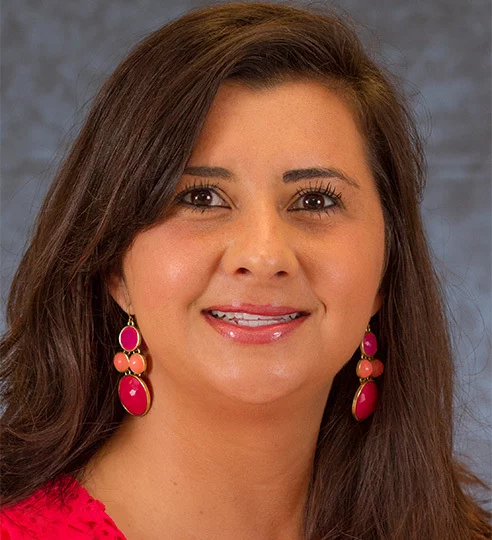Sharpest tools in the shed

Wonder why your tomatoes are rotting? Need to combat a bug that’s dining on the roses? Or what about those brown spots dotting the yard?
Answers to these and other gardening questions are only a visit, email, phone call or webpage away at your county’s Cooperative Extension Service (CES).
“A hundred years ago, there was a disconnect between research from agriculture universities and farmers who could actually use it,” says Eric Marlowe, ag and natural resources agent at University of Georgia Extension Gwinnett County. “The extension service and agriculture agents were birthed out of a need to bridge that gap.”
“Although what I do in Gwinnett looks a lot different than a rural county, the heart and soul of it is still here,” continues Marlowe. “We try to get unbiased, science-based information to the populous on anything agricultural- or horticultural- related. In a suburban county, I work with more landscapers and homeowners than farmers.”
A CORNUCOPIA OF INFORMATION
The CES provides these ways for consumers to get expert garden and lawn advice:
Publications | extension.uga.edu/publications – “We love publications,” says Marlowe. The CES produces and distributes hundreds of publications covering everything from controlling aphids on flowering ornamental plants to fertilizing blueberries to ridding weeds from home lawns. Many are available as paper documents by visiting or requesting them from your local CES office.
Personalized advice – “You can contact us – we’re like a hotline,” says Marlowe. “If you call us directly or email us with a question and photos about a problem, we’re going to help you troubleshoot that.”
Community outreach – With Gwinnett County’s population approaching a million people, Marlowe uses an army of volunteers to help educate consumers on gardening and related subjects through the Master Gardener program.
More than 200 volunteers who have undergone rigorous training give community presentations, tend demonstration gardens and extend the reach of the CES.
Web Resources | extension.uga.edu – Besides finding the CES’s publications online, the agency also produces YouTube videos and website content. “Urban agriculture and consumer horticulture – basically growing stuff outside – is way more accessible than a lot of us realize,” says Marlowe. “Not only is it important; it’s really fun, it’s good for you. It’s what we’re made to do – playing with the dirt, growing stuff and taking care of animals.”
ABOVE PHOTO: Gwinnett Master Gardener Extension Volunteers Tim Mullen and Lynda Pollock promote the Great Southeast Pollinator Census at a Lawrenceville pollinator garden they manage. The census helps scientists spot trends of, and measure weather effects on, pollinator populations.
